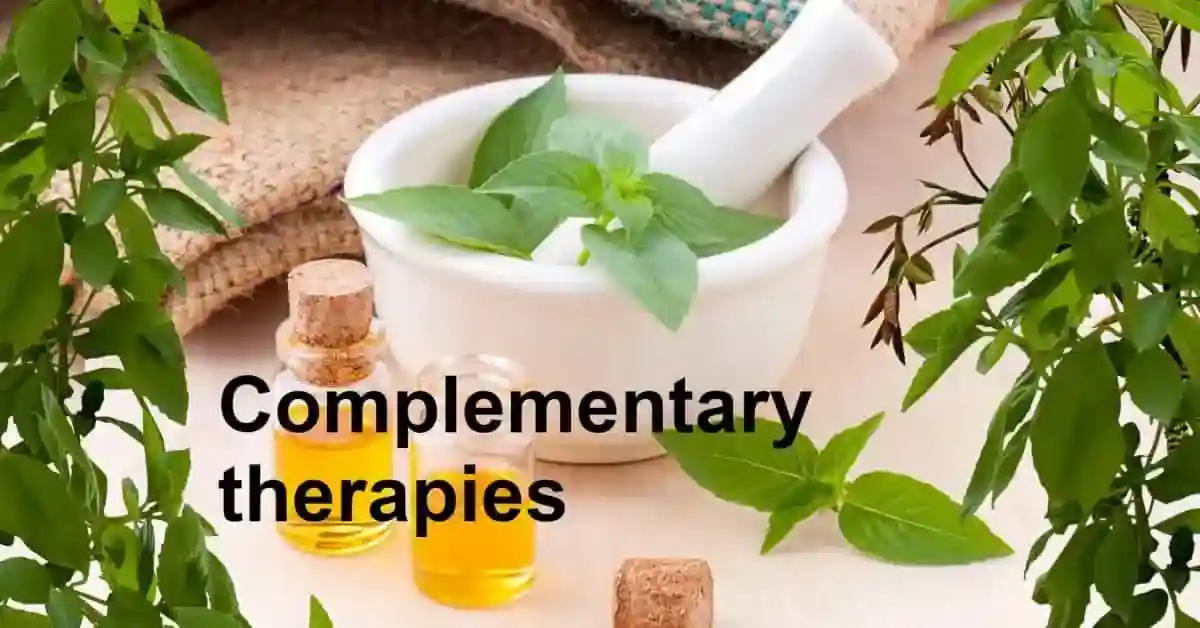
Echinacea
What is Echinacea?
Echinacea is an herb that helps boost the immune system. In cancer, it also seems to help during radiotherapy and chemotherapy and may even help with brain cancers, or brain tumours.
Study: To summarize, echinacea has the potential to boost the phagocytic immune cell response. It appears that only certain preparations are able to do so, such as the fresh pressed juice or isolated polysaccharides.
Study: The herb, Echinacea, after making its debut on the world’s commercial markets more than a decade ago, has become one of the top-selling herbs of all time. Many of its ingredients are powerful immune system stimulators.
Study: Flavonoids act as an immune-stimulant, they are present in Echinacea…lessen the harmful consequence of radiotherapy and chemotherapy. It also helps the patients in prolonging the survival time with progressive stage of cancer.
Study: Echinacea herbal preparations are primarily used for their immunostimulatory effects. The survival advantage providedto leukemic mice by consuming Echinacea daily has been demonstrated and such an effect has been ascribed to natural killer (NK) cell stimulation and inhibition of the endogenous suppressors of NK cells (i.e., the prostaglandins) (Miller, 2005). However, despite the immunostimulatory effect that may be seen with short-term use, chronic long-term use (>6–8weeks) of Echinacea may be immunosuppressive ( Sparreboom et al., 2004) and enhances the myelosuppressive effects of chemotherapeutic agents, leading to medical complications.
Adverse Effects
Common adverse events with echinacea include headache, dizziness, nausea, constipation, gastrointestinal upset, and rash.
Rare reactions include dermatitis and anaphylaxis.
- In a 61-year-old man with non–small cell lung cancer receiving chemotherapy (cisplatin and etoposide), concurrent use of echinacea resulted in profound thrombocytopenia.
- Severe thrombotic thrombocytopenic purpura was reported in a 32-year-old after the patient took echinacea for upper respiratory tract infection symptoms.
- Consumption of echinacea exacerbated pemphigus vulgaris in a 55-year-old-man. Partial remission was regained after he was retreated with immunosuppressants.
- Chronic use of echinacea led to asymptomatic leukopenia in a 51-year-old woman. Her white blood cell count returned to normal levels 7 months after discontinuing echinacea.
- Consumption of high doses of echinacea resulted in severe acute hepatitis in a 45-year-old man.
- Severe acute liver failure was reported in a 2-year-old girl, likely secondary to echinacea toxicity.
- Hypereosinophilia was observed in a 58-year-old man after consuming echinacea, with symptoms improving after stopping its use.
- Acute cholestatic hepatitis has been reported in a 41-year-old man after consumption of echinacea to strengthen his immune system. His condition improved after cessation of echinacea.
- Eye irritation and conjunctivitis have been reported following the use of topical echinacea, with symptoms resolving after its use was discontinued.
- In a large population-based study, use of echinacea was associated with a slight increase in diastolic blood pressure.
Source: The ASCO Post
Where can I get this treatment and more information?
Available in health food stores and Online
Page updated 2024
